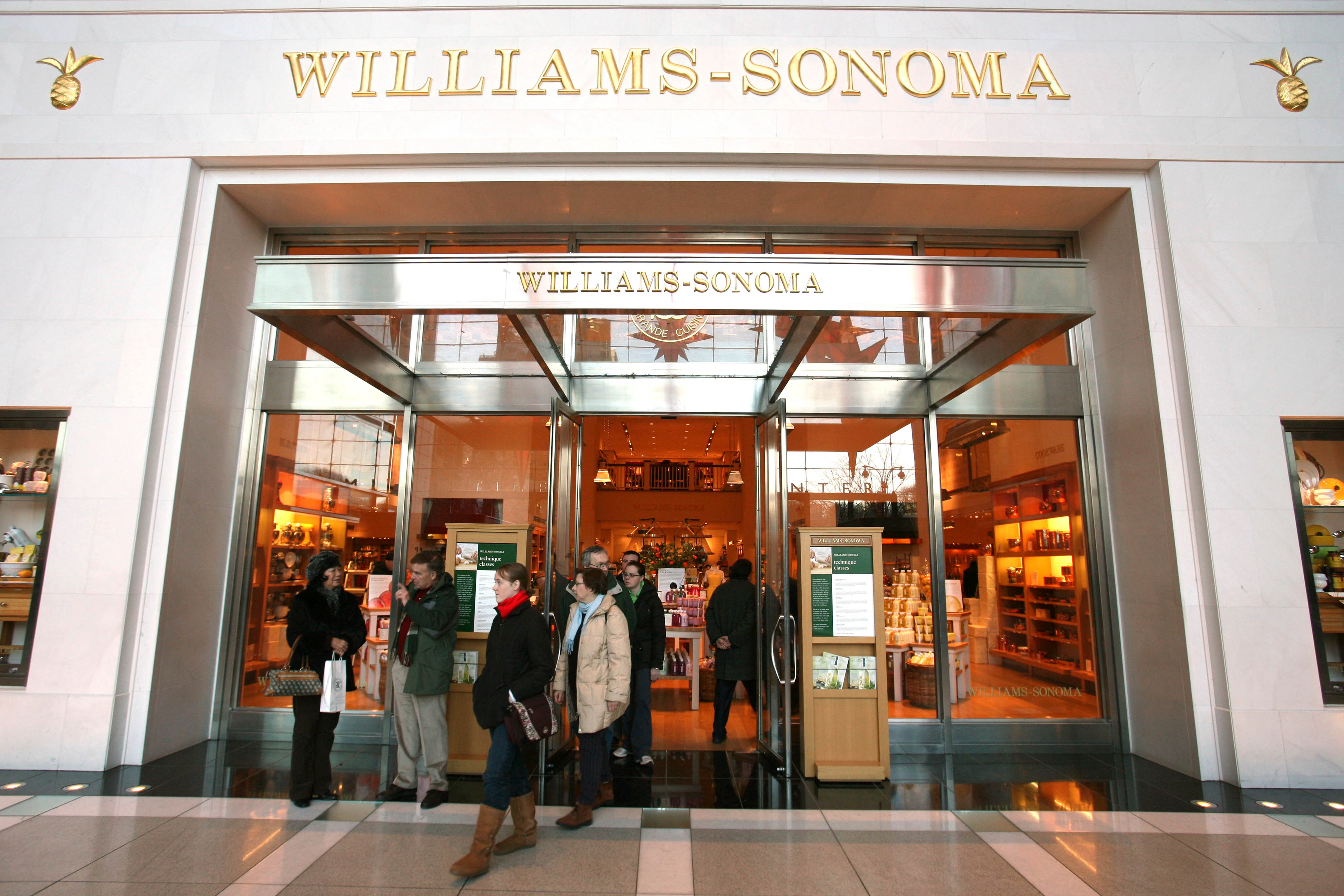Williams-Sonoma must pay almost $3.2 million for violating FTC's 'Made in USA' order
Home products retailer Williams-Sonoma will have to pay almost $3.2 million penalty for violating a Federal Trade Commission “Made in USA” order

Your support helps us to tell the story
From reproductive rights to climate change to Big Tech, The Independent is on the ground when the story is developing. Whether it's investigating the financials of Elon Musk's pro-Trump PAC or producing our latest documentary, 'The A Word', which shines a light on the American women fighting for reproductive rights, we know how important it is to parse out the facts from the messaging.
At such a critical moment in US history, we need reporters on the ground. Your donation allows us to keep sending journalists to speak to both sides of the story.
The Independent is trusted by Americans across the entire political spectrum. And unlike many other quality news outlets, we choose not to lock Americans out of our reporting and analysis with paywalls. We believe quality journalism should be available to everyone, paid for by those who can afford it.
Your support makes all the difference.Home products retailer Williams-Sonoma will have to pay almost $3.2 million for violating a Federal Trade Commission “Made in USA” order.
Williams-Sonoma was charged with advertising multiple products as being “Made in USA” when they were in fact manufactured in other countries, including China. That violated a 2020 commission order requiring the San Francisco-based company to be truthful about whether its products were in fact made in the U.S.
The FTC said Friday that Williams-Sonoma has agreed to a settlement, which includes a $3.175 million civil penalty. That marks the largest-ever civil penalty seen in a “Made in USA” case, the commission said.
“Williams-Sonoma’s deception misled consumers and harmed honest American businesses," FTC Chair Lina M. Khan said. "Today’s record-setting civil penalty makes clear that firms committing Made-in-USA fraud will not get a free pass.”
In addition to paying the penalty, the seller of cookware and home furnishings will be required to submit annual compliance reports, the FTC said. The settlement also imposes and reinforces a number of requirements about manufacturing claims the company can make.
Williams-Sonoma did not immediately respond to a request for comment Friday.
In 2020, the FTC sued Williams-Sonoma on charges that the company falsely advertised several product lines as being all or almost all made in the U.S. under its Goldtouch, Rejuvenation, Pottery Barn Teen and Pottery Barn Kids brands. The company then agreed to an FTC order requiring it to stop such deceptive claims.
The complaint that resulted in this week's settlement was filed by the Justice Department on referral from the FTC. According to the filing, the FTC found that Williams-Sonoma was advertising its PBTeen-branded mattress pads as “crafted” in the U.S. from domestic and imported materials — when they were made in China.
The FTC said it then investigated six other products that Williams-Sonoma marketed as “Made in USA” and found those claims to also be deceptive, violating the 2020 order.